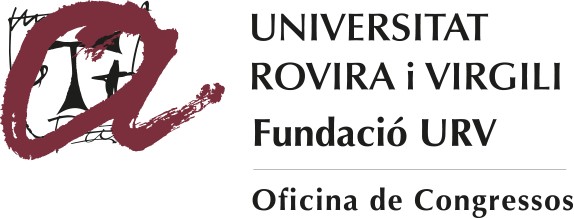Call for papers
CALL FOR PAPERS: IN SEARCH OF NEW HARMONIES.
New Harmony was the name given to the utopian community established in Indiana by the socialist thinker Robert Owen (1771-1858). Harmony is a term which was originally applied to the ‘languages’ of music according to specific rules and was pleasant to the ear. It can also possess a therapeutic quality which can ease suffering. Outside music, harmony is peace, peace with the world and with oneself. Etymologically, the term has its origin in Greek harmos meaning a ‘joining together’ or coordination and agreement between different cultures, individuals or groups. Harmony can also be defined by what it is not. It is neither dissonance nor discord; it is not fear or hostility. In short, harmony is the area of the utopian and an absence of the dystopian.
Robert Owen was not alone in his search for social harmony. Born in Wales, moving to Scotland and then to North America, he shared the ‘new’ ideas of other pioneers in the improvement of social education, working conditions, and women’s rights. His well-known slogan: “eight hours labour, eight hours recreation, eight hours rest” was eventually adopted in the United States and subsequently in other countries around the world. In New Lanark, Scotland, Owen managed to put his utopian ideas into practice when he took over the management of the New Lanark cotton mills. By 1799, the living conditions of around two thousand people had improved greatly and this success led him to Indiana where he set up New Harmony with one thousand ‘utopians’. Unfortunately, the utopian community flopped after a period of two years because - as Owen’s son said - its inhabitants consisted of “a heterogeneous collection of radicals, enthusiastic devotees to principle, honest latitudinarians, and lazy theorists, with a sprinkling of unprincipled sharpers thrown in”.[1]
This call for papers especially welcomes the unconventional, free-spirited, unorthodox and even eccentric ventures into new harmonies: past, present and future. This may seem like a contradiction in terms – but revolutions and change are born from the best and the worst of times. The fact that New Harmonies are still unachievable is proof that our present-day world is closer to dystopia than to utopia. The question is: will our future generations be able to renegotiate utopia and maintain the utopian spirit or will dystopia become inevitable?
Papers which focus on social, political and cultural aspects of the term ‘harmony’ are particularly welcome, although contributions which deal with any other aspect of the utopian field will also be considered.
We welcome proposals for Panel Sessions and Individual 20-minute Papers:
a) For individual 20-minute papers, please send an abstract (max. 300 words) with
- a title
- your name
- affiliation
- email address and phone number
- three keywords relating to your topic to help us organise the papers into relevant sessions.
b) For Panel Sessions (Coordinator + or 2 or 3 members), the Panel coordinator should please send
- a title and abstract (max. 400 words) of the topic
- the names, affiliations and email addresses of the other members
c) The deadline for submissions will be January 8th, 2018
d) Confirmation of acceptance will be sent by January 31st , 2018
e) Please note that the language of the conference is English. Exceptionally, papers in another language may be accepted and will be grouped in a separate panel.
f) Please send your proposals to both Liz Russell liz.russell@urv.cat and Pere Gallardo pere.gallardo@urv.cat

